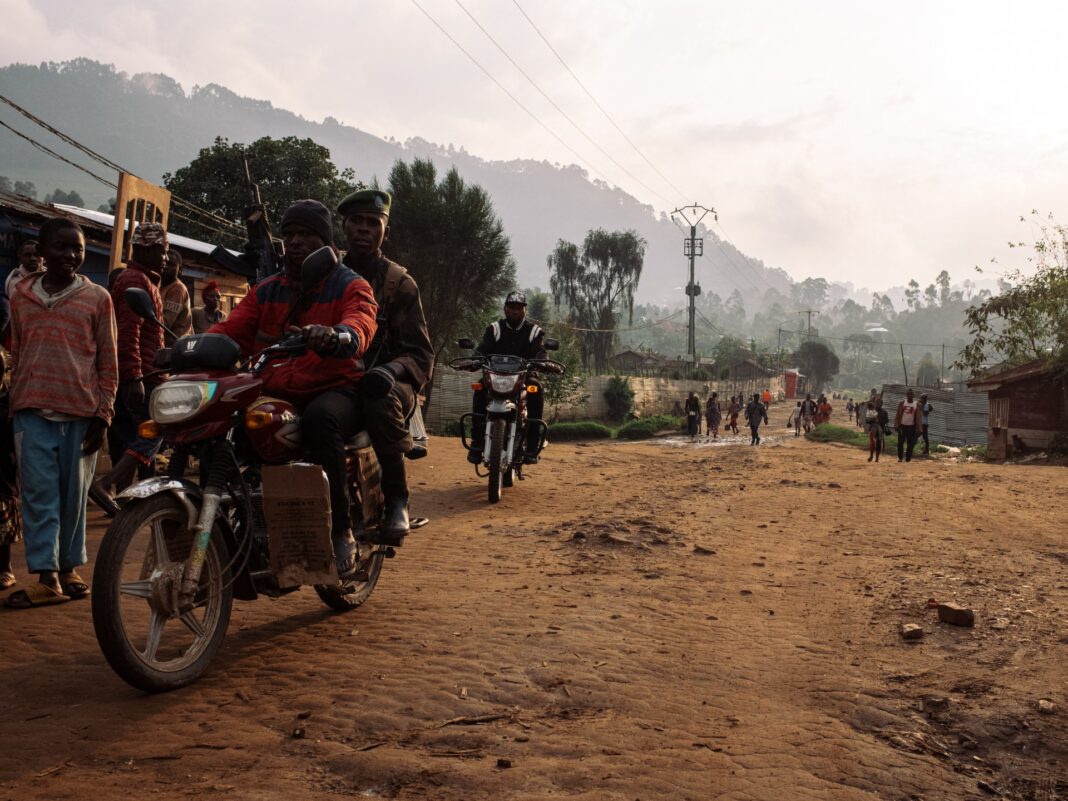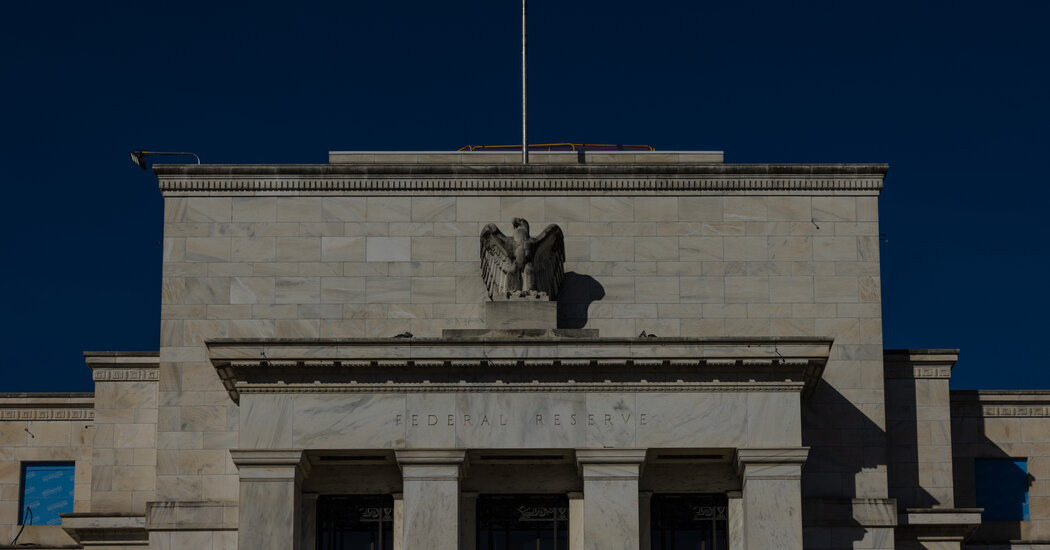The UN says the forced displacement is one of ‘the most alarming’ humanitarian crises in the world.
More than 230,000 people have been displaced since the beginning of the year amid escalating violence in eastern Democratic Republic of Congo (DRC), according to the United Nations.
The UN refugee agency UNHCR on Friday described the displacement as “the most alarming” humanitarian crisis in the world.
The resource-rich eastern provinces of North and South Kivu – which are home to more than 4.6 million displaced people according to the agency – have been mired in conflict for three decades, with the M23 rebel group becoming one of the most powerful armed groups in recent years.
Designated a “terrorist movement” by the DRC government, M23 has seized large areas of eastern DRC since 2021, and earlier this month, took control of the town of Masisi in North Kivu.
Earlier this month, Bertrand Bisimwa, the head of the political wing of M23, told Al Jazeera that the group is fighting a “defensive” war.
“Escalating clashes between non-state armed groups and the Congolese army in North and South Kivu provinces are intensifying one of the world’s most alarming yet under-reported humanitarian crises,” said Eujin Byun, spokesperson for UNHCR speaking to reporters in Geneva.
The conflict, Byun warned, is “marked by widespread human rights violations and massive forced displacement”.
Byun noted that intense fighting in the Masisi and Lubero territories forced approximately 150,000 people to flee their homes between January 1 and 6 alone. Many returned briefly during a lull in fighting on January 4, but were forced to flee once more as new fighting erupted, according to the UN.
In South Kivu’s Fizi territory, the local government has requested international assistance, noting that 84,000 people have sought refuge there.
Byun cautioned that civilians are enduring “indiscriminate bombings and sexual violence,” with children also being targeted.
“Already, dire humanitarian conditions are worsening rapidly, and access to these vulnerable populations is severely restricted by insecurity, roadblocks and the presence of violent armed actors,” Byun added.
UNHCR has stated it is ready to provide assistance as soon as access is restored, but emphasised that more funding is urgently needed.

